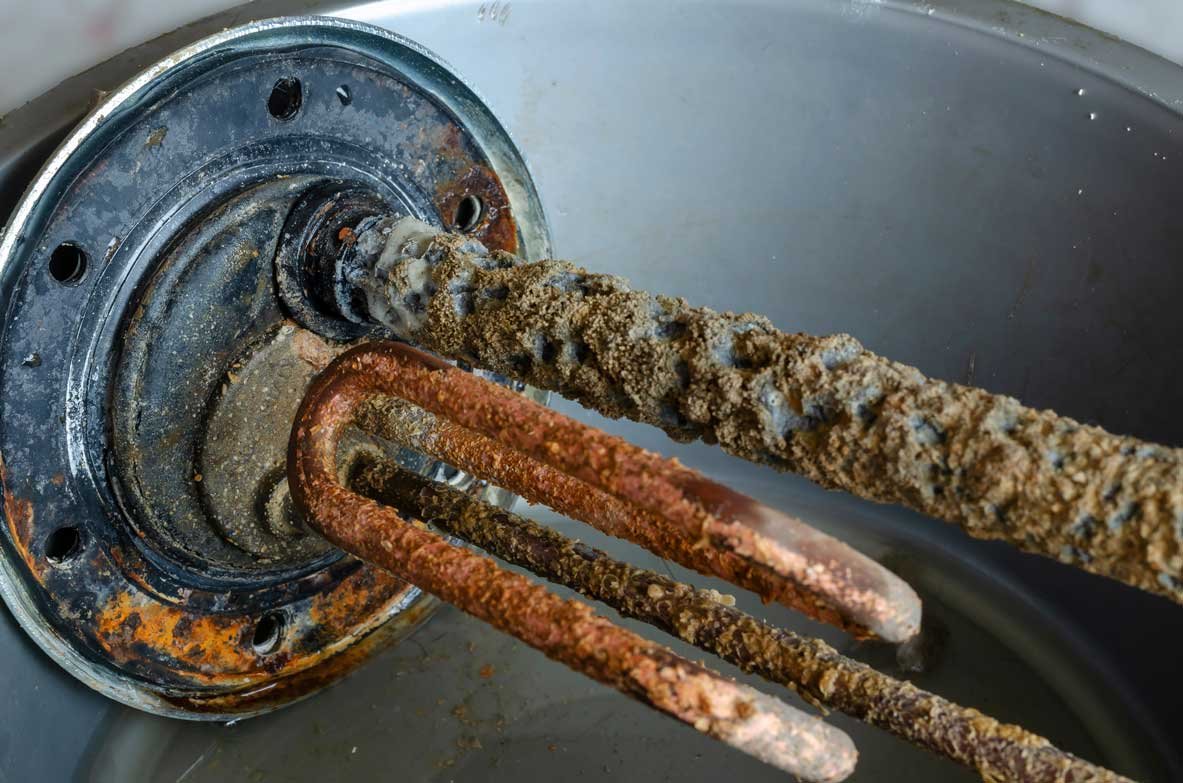Decoding the Lifespan Enigma: Is a Two-Decade Run Possible for Your Water Heater?
Water heaters silently toil away to provide the luxury of warm showers and hygienic dishwashing. Yet, the looming question for homeowners remains: Can a water heater truly endure for 20 years? This article delves into the factors influencing the longevity of water heaters and offers insights on extending their operational life.
Quality Matters: The Initial Investment:
The durability of a water heater is intricately tied to its quality. Opting for higher-end models, though requiring a steeper initial investment, often translates to an extended lifespan. When perusing water heater options, scrutinize aspects like construction materials, brand reputation, and user reviews. Choosing a trusted brand with a history of reliability can be a wise investment.
Regular Maintenance: The Key to Prolonged Lifespan:
Similar to any appliance, water heaters demand routine maintenance to operate efficiently and endure the test of time. Annual tank flushing to eliminate sediment buildup, checking and replacing the anode rod, inspecting for leaks, and ensuring proper insulation are imperative tasks. Consistent maintenance not only prevents malfunctions but also enhances energy efficiency, resulting in long-term cost savings.
Water Quality Impact: The Silent Culprit:
The water quality in your locale can significantly affect your water heater's lifespan. Hard water, laden with minerals like calcium and magnesium, can lead to sediment accumulation and corrosion, hampering efficiency and longevity. Installing a water softener in hard water areas can mitigate mineral deposits and promote an extended lifespan for your water heater.
Technology Advancements: Navigating the Pros and Cons:
While newer water heater models often tout advanced features and energy efficiency, the age of your unit doesn't necessarily dictate its reliability. Well-maintained older models can continue functioning efficiently. Before considering a replacement, weigh potential energy savings against the continued reliability of your existing unit.
Signs of Aging: Recognizing When It's Time:
Despite diligent efforts, every water heater has its lifespan. Persistent leaks, discolored water, unusual noises, and declining water temperature are telltale signs of aging. If these indicators emerge, it might be prudent to explore replacement options to avert sudden failures and potential water damage.
Conclusion:
In the pursuit of determining whether a water heater can endure for two decades, it becomes apparent that various factors play pivotal roles. Quality, regular maintenance, water quality, and technological advancements collectively contribute to the lifespan of these essential appliances. By investing in a top-tier unit, adhering to regular maintenance practices, and staying vigilant for signs of aging, homeowners can maximize their water heater's operational life, enjoying years of dependable performance.

